SUMMARY
This is AI generated summarization, which may have errors. For context, always refer to the full article.
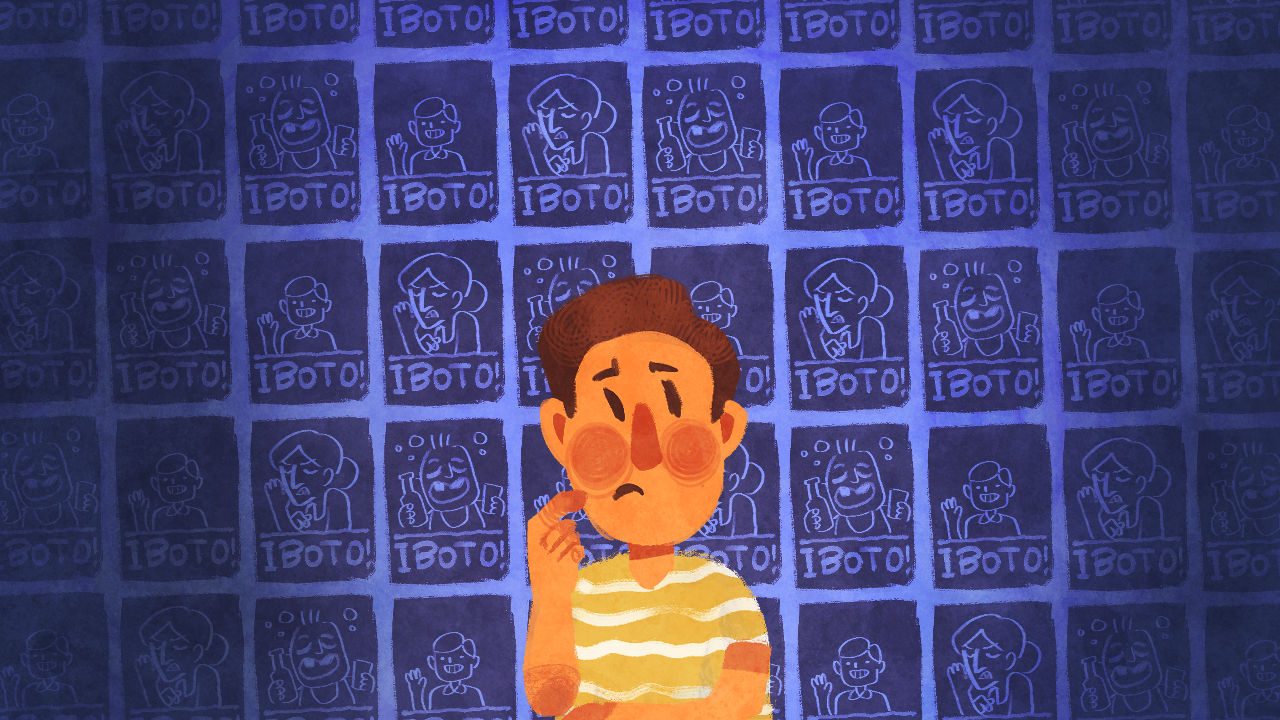
“Dati sa inuman ko lang nakikita, ngayon sa tarpaulin na.”
“Wala ka ngang ginagawa sa bahay, tatakbo ka pa sa barangay?”
“Misis mo nga niloloko mo, barangay pa kaya?”
“Makasigaw naman kayo ng ‘tapat at maaasahan,’ parang hindi namin kayo kilala.”
There’s a reason memes about neighborhood bums having the temerity to run for office in the barangay (village) election are all over our feeds. Because they reflect reality.
And why are they the reality in many of the 42,001 villages in the Philippines? Because we keep on electing them.
What can we do? They are the types who are willing to run for public office. The younger, educated, and decent residents of our barangays are either busy building careers in the cities, far from their home towns, or may still be residing in the barangay but thinking that it’s too much for their pride to solicit the votes of neighbors who, professionally speaking, have achieved less than they have.
Or we mistakenly think this is “just” a barangay election anyway. What harm can it do if we voted for people who are not competent and not so honest?
A lot. Book III Title I of the Local Government Code will tell you that.
They are the first court of sorts who will determine if you head to the police station or the fiscal if your husband beats you up, or if your neighbor’s fence is encroaching on your property.
They are supposed to come up with a development plan and a budget that, we want to imagine, should have some semblance of a NEDA document or at least an official-looking format and a lot of common sense.
They are supposed to care enough to stop the videoke-ing pest of a neighbor late in the night, and not be conveniently missing when floods paralyze our streets in the age of climate change.
Aside from giving them the authority to run those daily neighborhood affairs, indifferent voters like us are serving these officials much more on a silver platter:
1) Discretion over the NTA
The country’s barangays share 20% of the national tax allotment (NTA) – formerly, limited to the internal revenue allotment or IRA – each year. Those include the taxes collected by the Bureau of Internal Revenue – meaning, that chunk that’s automatically deducted from your salaries, or the thousands (or millions) of pesos your businesses pay every quarter.
The NTA also comes from the collection of the Bureau of Customs and other agencies as certified by the Bureau of Treasury.
The barangay share in the NTA is divided only among the original 41,953 barangays that were in existence when the Local Government Code was passed in October 1991. We now have 42,001 barangays. (If your barangay is one of those created after the Code was passed, it means you’re getting your IRA from the city or municipality, the mother local government units.)
In any case, the officials we will elect on Monday, October 30, will have their hands on P174.28 billion in national tax allotment in 2024.
2) Share in other allocations for local government units
Every year, the national government’s budget law, the General Appropriations Act, has an item called ALGU or the allocations to local government units aside from their automatic share in the NTA. For 2023, there’s a total of P65.72 billion for the ALGU. For 2024, P1.007 trillion in ALGU is being proposed.
The ALGU are special shares of local government units in the proceeds of national taxes, as provided in various laws, namely:
- Share in tobacco excise taxes
- Share in the proceeds when natural wealth – such as mining sites and power sources – in their areas are utilized
- Share in the gross income taxes paid by establishments within economic zones in their areas
- Share in value-added taxes
- Share in special privilege taxes
Most of these taxes are distributed only among LGUs where the taxed establishments, operations, or products are located. If you live in a barangay with, say, a geothermal plant, an economic zone, or tobacco harvests, your officials will definitely have more than just P1 million a year in NTA to plan around.
3) Power to collect fees for what we thought were “normal” activities
The barangay can collect fees based on the receipts of stores operating within its jurisdiction, did you know that? If there’s a private swimming-pool-for-a-fee in your neighborhood, they can get a share of its income.
If they wanted to, they can charge young people for using the basketball court. They can make coffee farmers pay for using portions of the street to dry their seeds.
Ever wondered why in the world the barangay council endorsed to the city council the construction of a school in the residential part of your barangay, regardless of traffic and safety issues with residents?
Get the full picture of “possibilities” from the complete list of the barangays’ sources of income, prepared by the Department of Budget and Management.
In 2019 (the latest available report), 9,251 new corruption complaints were filed with the Ombudsman, in addition to the 2,430 cases from the previous year. We can be sure a number of them involved barangay officials.
ALSO ON RAPPLER
- Powers and Duties: Punong Barangay, Sangguniang Barangay Member
- Powers and Duties: Sangguniang Kabataan chairperson, SK Member
- What are the compensation, benefits of barangay and SK officials?
- How to find your voting precinct number for barangay, SK elections 2023
4) Health insurance, scholarships, automatic civil service eligibility
Barangay officials are getting PhilHealth coverage while we constituents pay for ours. They don’t have to pay tuition while we take out loans to get ourselves in school. They can skip the civil service exam that you or your friend probably flunked twice. (READ: Perks of barangay officials)
Yes, we know, those are benefits because of their supposed service. Do we take those away from them? No (aside from the fact that we can’t, unless laws are amended). That’s why we have to make sure those we put in office will more than deserve these perks.
5) The chance to become city/town councilor or provincial board member and make laws
After every barangay election, those who win as village chairmen and chairwomen gather to elect the officers of the municipality’s or the city’s Association of Barangay Captains (ABC) or the Liga ng mga Barangay.
It’s definitely not just a social club. Political camps – the mayor, the congressman, the governor – try to influence the outcome of these elections. So we’re talking here of the barangay chiefs being extended “accommodations” and being showered on the “delegates,” as in a campaign period.
Why? The one who emerges ABC president becomes an ex-officio municipal or city councilor – enjoying another (and higher) set of salary and perks. More importantly, he or she becomes one vote when the town or city council passes ordinances and resolutions that will affect our daily affairs.
These resolutions or ordinances, I should say, all involve money – money to be collected from us residents (like garbage fees from properties that are clean but vacant); or money from possible bribes (like re-classifying agricultural lands into industrial so a retail giant can build a mall there).
These ABC presidents of towns and cities will also elect among themselves their provincial president. Whoever wins gets a seat in the provincial board. More powers and perks and…you get the drift. – Rappler.com
1 comment
How does this make you feel?
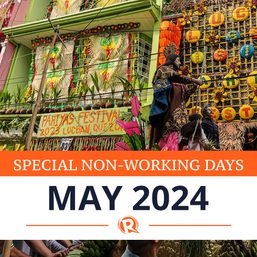
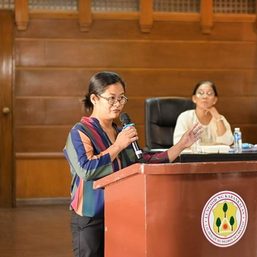
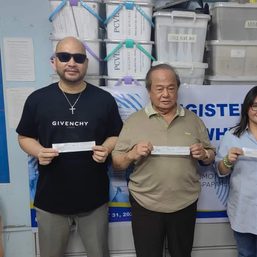

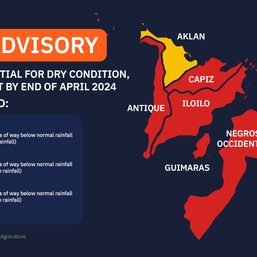
Thanks to Ms. Miriam Grace Go for this very informative and relevant article. I hope Rappler readers would highly take note of her statement: “… indifferent voters like us are serving these officials much more on a silver platter ….”